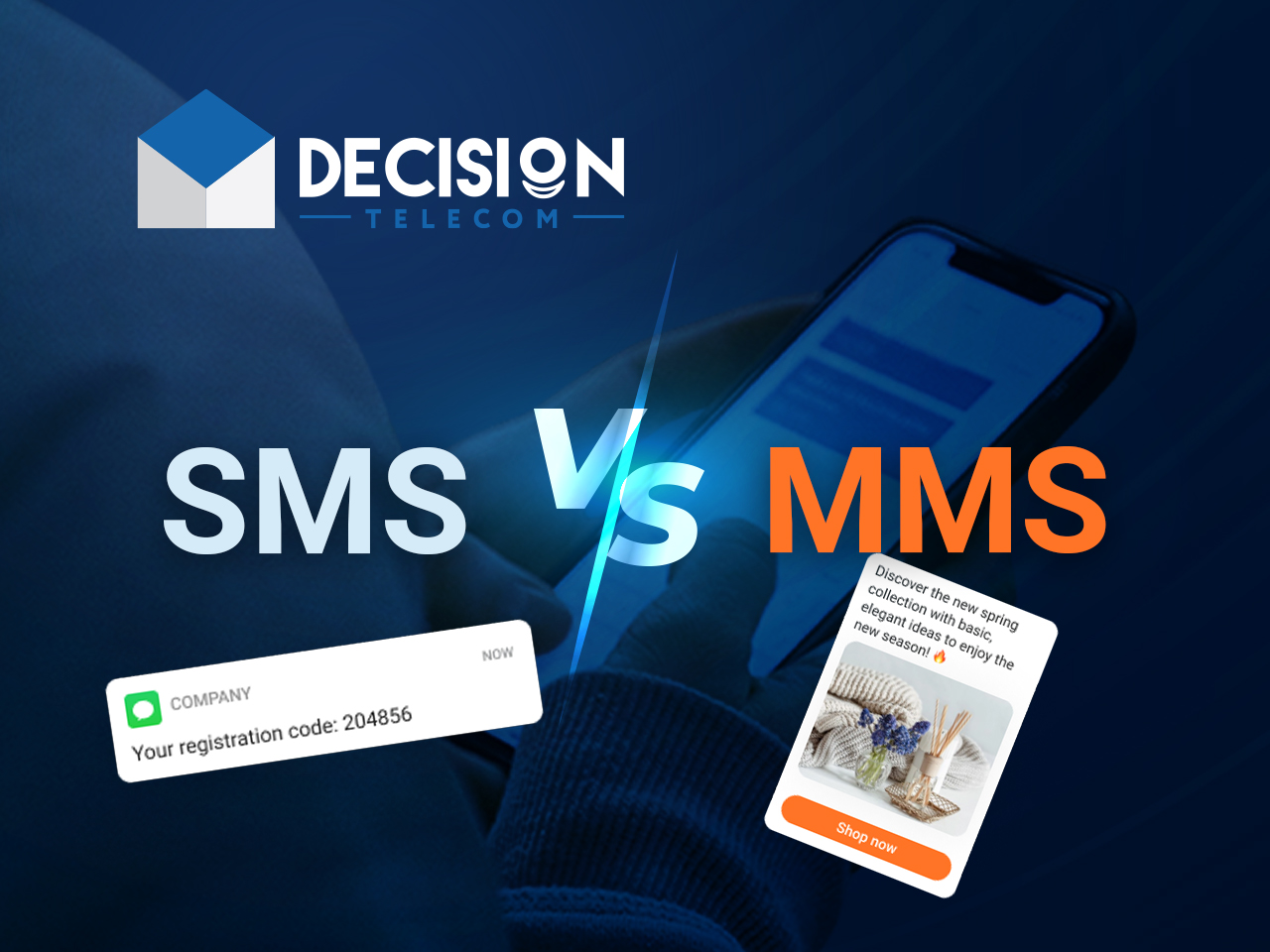MMS video has become an essential part of modern communication, allowing users to share multimedia content seamlessly. With the rise of smartphones and advanced messaging platforms, understanding MMS video is more crucial than ever. In this article, we will explore the ins and outs of MMS video, its benefits, and how it compares to other messaging options.
By the end of this article, you will have a comprehensive understanding of MMS video and how it fits into the broader landscape of digital communication. Whether you're a casual user or a business professional, the insights provided here will help you navigate the world of MMS video effectively.
Table of Contents
- What is MMS Video?
- How Does MMS Video Work?
- Benefits of MMS Video
- How to Send MMS Videos
- MMS Video vs. Other Messaging Options
- Common Issues with MMS Video
- Future of MMS Video
- Conclusion
What is MMS Video?
MMS video refers to the multimedia messaging service that allows users to send video files via mobile networks. Unlike SMS, which supports only text, MMS can include images, audio, and video content, making it a more versatile communication tool. The introduction of MMS has revolutionized the way we share experiences and information.
Understanding the Basics of MMS
MMS is a protocol used for sending messages that contain multimedia content. Here are some key features:
- Supports video, images, and audio files.
- Allows larger file sizes compared to SMS.
- Can be sent to multiple recipients at once.
How Does MMS Video Work?
To send an MMS video, the sender's device must convert the video file into a format suitable for transmission over a mobile network. This process involves encoding the video, compressing it, and then sending it to the recipient's device. The recipient's device then decodes the video and displays it for viewing.
Technical Aspects of MMS Video Transmission
The transmission of MMS video involves several technical components:
- Mobile Data or Wi-Fi: MMS requires either mobile data or a Wi-Fi connection to send and receive messages.
- MMS Gateway: This server facilitates the sending and receiving of MMS messages between devices.
- Device Compatibility: Both the sender and recipient's devices must support MMS functionality.
Benefits of MMS Video
MMS video offers numerous advantages for users, making it a popular choice for communication. Here are some key benefits:
- Enhanced Communication: MMS video allows for richer conversations by enabling the sharing of visual content.
- Marketing Opportunities: Businesses can leverage MMS video for advertising and promotional campaigns.
- High Engagement: Messages with video content tend to receive higher engagement rates compared to text-only messages.
Use Cases for MMS Video
Some common use cases for MMS video include:
- Sharing personal moments with friends and family.
- Promoting products and services through video advertisements.
- Providing tutorials or demonstrations for products.
How to Send MMS Videos
Sending an MMS video is relatively straightforward. Here’s a step-by-step guide:
- Open your messaging app.
- Select the recipient from your contacts.
- Tap on the attachment icon and choose the video file you want to send.
- Add a caption or text if desired.
- Hit send!
Best Practices for Sending MMS Videos
To ensure your MMS video is received and viewed successfully, consider the following best practices:
- Keep the video file size within limits set by your mobile carrier.
- Use common video formats (e.g., MP4) for better compatibility.
- Ensure a stable internet connection while sending the message.
MMS Video vs. Other Messaging Options
With various messaging options available today, it’s essential to understand how MMS video compares to others:
MMS Video vs. SMS
SMS (Short Message Service) is limited to text messages, while MMS allows for multimedia content. This makes MMS a more engaging option for communication.
MMS Video vs. Instant Messaging Apps
Instant messaging apps (e.g., WhatsApp, Messenger) offer similar functionalities but often require internet access. MMS, on the other hand, can be used with standard mobile networks.
Common Issues with MMS Video
While MMS video is a powerful tool, users may encounter some common issues:
- File Size Limitations: Most carriers impose a limit on the file size of MMS messages.
- Compatibility Issues: Not all devices support the same video formats.
- Delivery Failures: Poor network conditions can lead to failed message deliveries.
Troubleshooting MMS Video Issues
If you experience problems sending or receiving MMS videos, try the following:
- Check your mobile data connection.
- Ensure that your device settings are configured correctly for MMS.
- Contact your mobile service provider for assistance.
Future of MMS Video
The future of MMS video looks promising, with advancements in technology and changes in user behavior:
- Increased File Sizes: As technology improves, we can expect higher file size limits.
- Integration with Social Media: MMS video may increasingly integrate with social media platforms for sharing content.
- Enhanced Features: Future developments may include improved editing tools and video effects.
Conclusion
In conclusion, MMS video is a versatile communication tool that enhances the way we share multimedia content. Its ability to deliver engaging messages makes it a valuable option for both personal and business use. As technology continues to evolve, the future of MMS video holds exciting possibilities.
If you found this article helpful, feel free to leave a comment below, share it with your friends, or explore more articles on our site. We appreciate your engagement and look forward to seeing you again!
Umi Yakak Sone 248: A Deep Dive Into The Cultural Phenomenon
Pablo Escobar's Daughter: A Journey Of Resilience And Transformation
Chris Kyle And Domestic Violence: A Deep Dive Into A Complex Issue

/what-is-sms-mms-iphone-2000247-Final-5c38a50846e0fb0001673a66.png)
